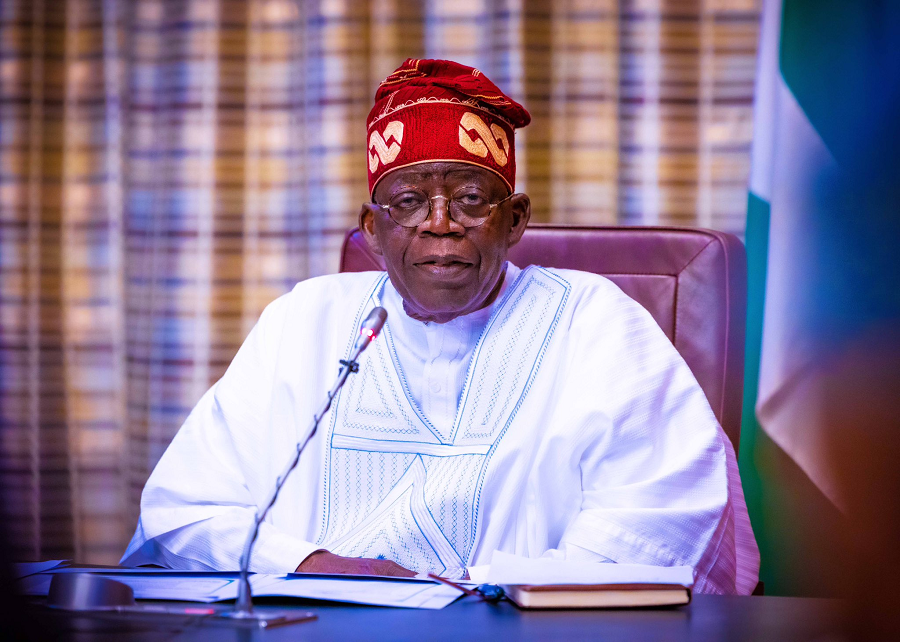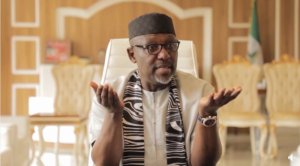
President Bola Tinubu has instructed Mamman Ahmadu to step down from his role as Director-General/Chief Executive Officer of the Bureau of Public Procurement (BPP).
In a statement released on Saturday, June 15, the President’s Special Adviser on Media and Publicity, Ajuri Ngelale, announced this decision as part of a broader effort to reorganize the public procurement system. This move aims to enhance efficiency and transparency within the agency.
The statement clarified that the current Director-General is to facilitate a smooth transition to the Bureau’s most senior officer, pending the appointment of a new Director-General. President Tinubu expressed gratitude to Ahmadu for his service and wished him success in his future pursuits.
In a separate announcement, Ngelale disclosed the appointment of Ayodeji Ariyo Gbeleyi as the new Director-General of the Bureau of Public Procurement (BPE). Gbeleyi, a distinguished financial expert and award-winning chartered accountant, holds fellowships with both the Institute of Chartered Accountants of Nigeria and the Chartered Institute of Taxation of Nigeria.
Ngelale highlighted Gbeleyi’s extensive qualifications, including executive education from prestigious institutions such as the London Business School, Harvard Kennedy School of Government, and Lagos Business School. With over 30 years of experience in various sectors, including manufacturing, consumer goods, banking, telecommunications, infrastructure, and public administration, Gbeleyi is poised to lead the BPE effectively.
The statement added
“He was the Board Chairman of the Federal Mortgage Bank of Nigeria and Commissioner of Finance in Lagos State from 2013 to 2015.
The President expects the new Director-General to bring his vast experience and competence to bear in this role to strengthen the agency as the national resource centre for capacity building and sustenance of reforms through the promotion of a competitive private sector-driven economy, ensuring social accountability and efficient deployment of public resources, as well as advancing effective corporate governance and fiduciary discipline in the public and private sectors.”






Be First to Comment